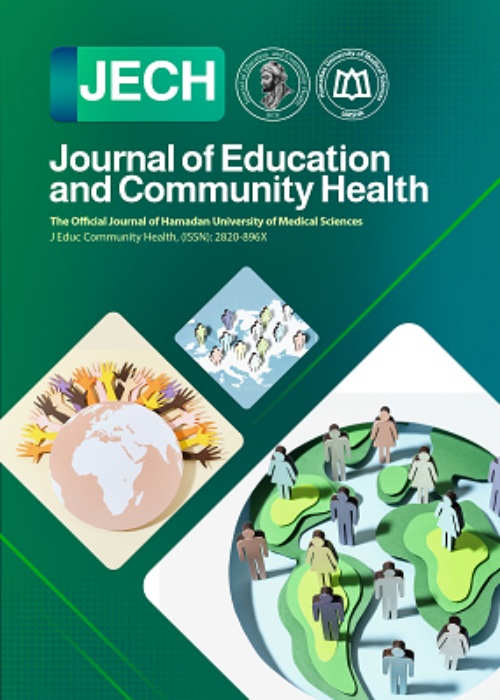The Predictors of Marital Satisfaction among Married Women and Men
Marital satisfaction is an individual self-assessment of marital relations and the quality of marriage in addition to being an effective factor in countering psychological pressure and guaranteeing good behavior in life. This study was determined by the level of marital satisfaction and related factors in married men and women living in Taft County.
An analytical cross-sectional study was conducted on a group of 365 married men and women in 2019. The sampling method was multiple including stratified, cluster, and random sampling. That way multistage sampling was used for sampling in the village. At first, 12 comprehensive rural health service centers were considered as classes, each with some health houses as clusters. Therefore, a health home was randomly selected from each class in each health home, 14 People (7 women and 7 men) were randomly selected. The stratified sampling method was used for sampling in the city as each of the 3 urban centers was considered a floor, then in each center, 77 to 78 samples were selected randomly from the clients. The data was gathered through questionnaires about marital satisfaction, social support, and Internet addiction. Then the data were analyzed by applying the Pearson Correlation Coefficient and multiple linear regression by using SPSS 22.
The mean marital satisfaction score was 64.19±13.62 for men and 65.37±12.73 for women, which were not significantly different (p=0.368). The mean social support score was 64.56±11.44 and the mean internet addiction score was 29.35±12.90. The variables of social support (p<0.001), spouse’s education (p=0.018), income (p=0.020), internet addiction (p=0.002), the individual’s occupation (p=0.002), spouse’s age (p=0.008), and the fate of the parents’ marriage (p=0.043) were able to predict approximately 0.235 of the variations in marital satisfaction scores.
The results of the present study demonstrate that, in addition to social support and internet addiction, demographic variables, such as spouse’s education and age, income, the individual’s occupation, and the fate of parents’ marriage can affect marital satisfaction positively or negatively.
- حق عضویت دریافتی صرف حمایت از نشریات عضو و نگهداری، تکمیل و توسعه مگیران میشود.
- پرداخت حق اشتراک و دانلود مقالات اجازه بازنشر آن در سایر رسانههای چاپی و دیجیتال را به کاربر نمیدهد.


